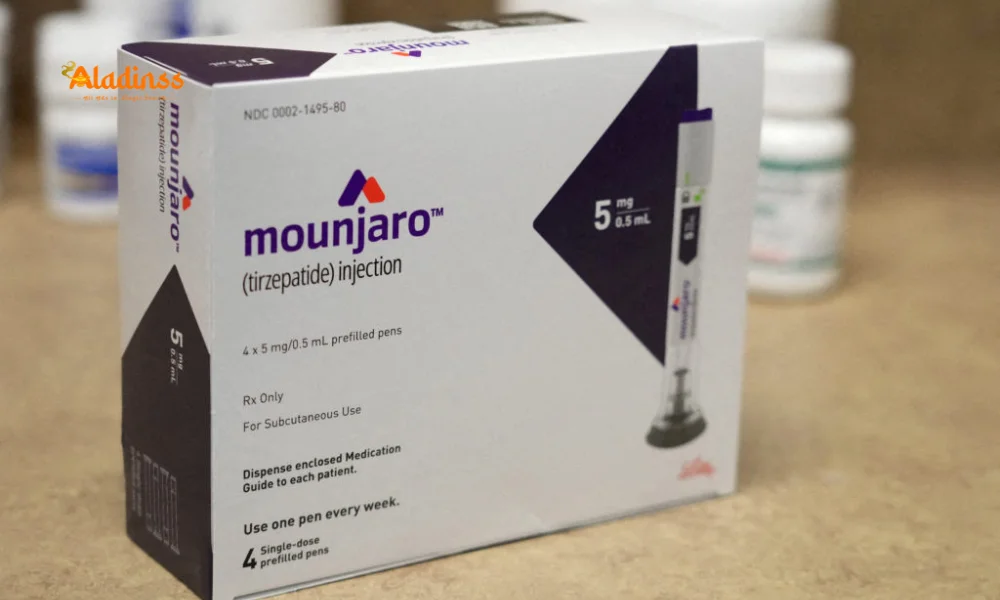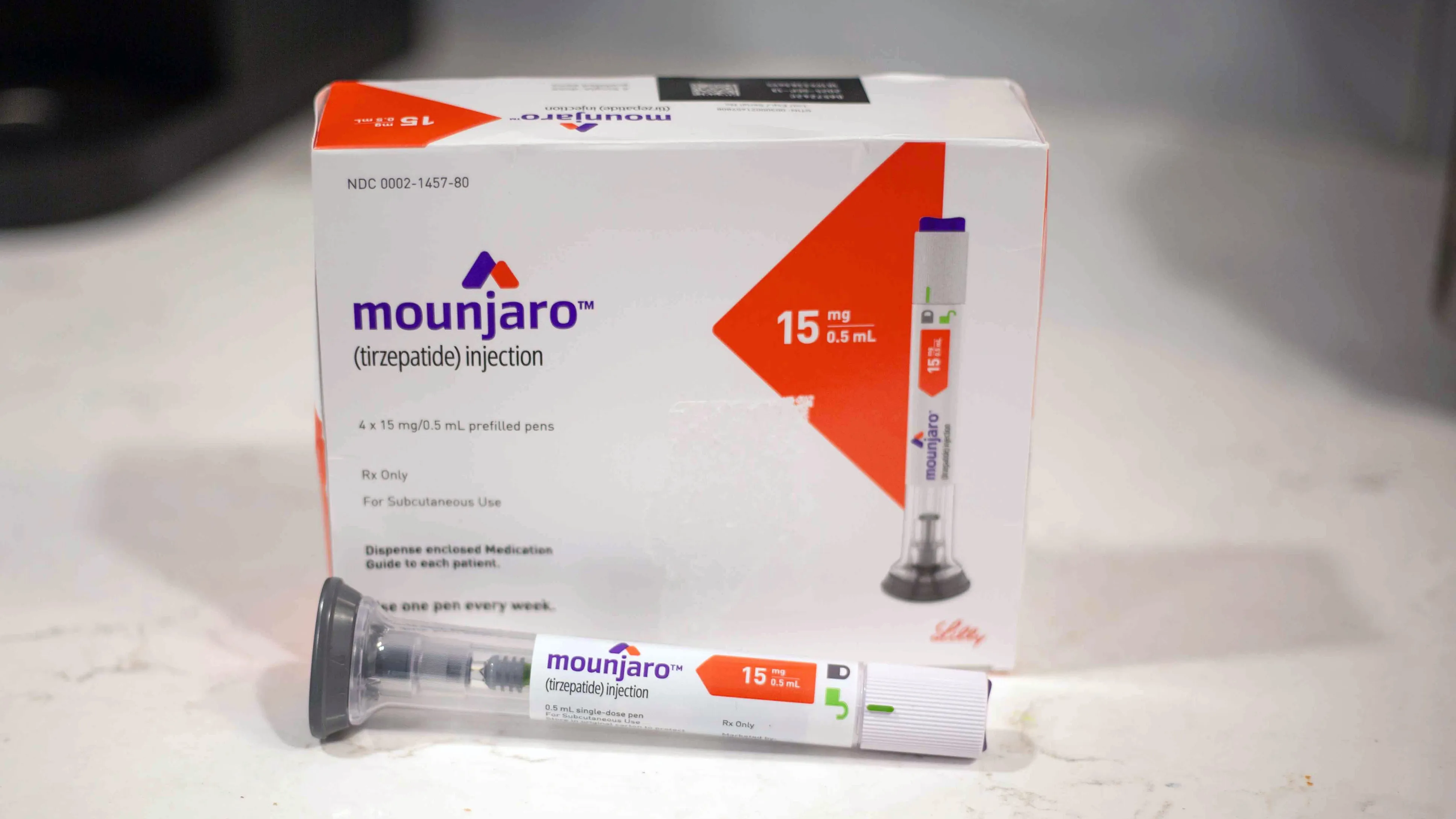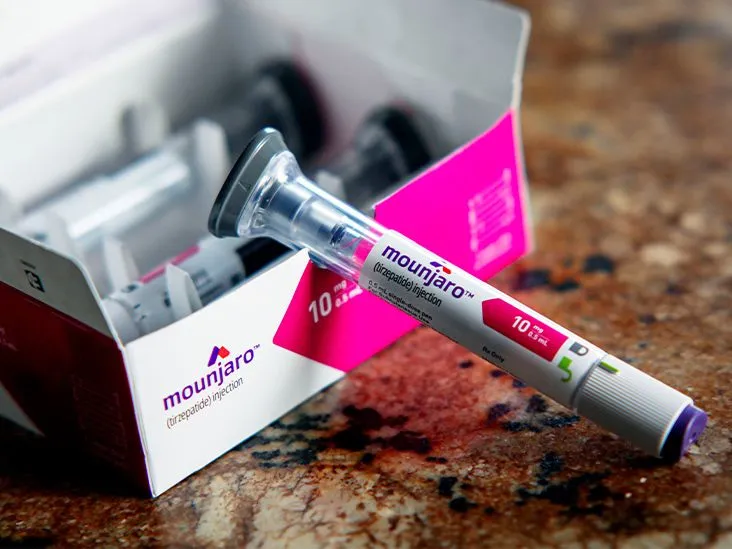Hepatologist The Liver Doc on Mounjaro: Who Needs It, Who Should Avoid It

Hepatologist The Liver Doc on Mounjaro: Who Needs It, Who Should Avoid It
Weight loss drugs like Mounjaro have sparked debate, gaining popularity yet facing criticism. To make informed decisions, understanding their benefits and risks is essential. On September 9, 2025, hepatologist Dr. Cyriac Abby Philips, known as The Liver Doc, shared an in-depth analysis of Mounjaro, detailing its suitability, transformative benefits, and potential side effects. This article explores his insights, offering the latest health updates on Mounjaro’s role in weight loss and diabetes management, optimized for readers seeking breaking health news. No unwanted URLs are included, ensuring a clean, focused read.

What Is Mounjaro and How Does It Work?
Mounjaro, with its active ingredient tirzepatide, is a prescription medication developed by Eli Lilly, approved by the FDA in May 2022 for type 2 diabetes and in November 2023 for chronic weight management. Unlike Ozempic and Wegovy, which target only the GLP-1 receptor, Mounjaro activates both GLP-1 and GIP receptors. This dual action enhances insulin release, slows gastric emptying, suppresses appetite, and reduces liver glucose production, leading to significant weight loss and blood sugar control. Dr. Philips emphasizes its unique hormone-mimicking mechanism, making it a powerful tool for obesity and diabetes management.
Who Should Consider Taking Mounjaro?
Dr. Philips identifies key groups who can benefit from Mounjaro. Adults with type 2 diabetes needing better blood sugar control, especially those prioritizing weight loss, are ideal candidates. The drug significantly lowers HbA1c levels, improving diabetes management. It’s also suitable for individuals with obesity (BMI ≥30) or those with a BMI ≥27 and weight-related conditions like hypertension or high cholesterol. Additionally, adults with moderate to severe obstructive sleep apnea and obesity can experience improved sleep quality. Clinical trials, such as Surmount-1, show Mounjaro achieves up to 20.2% weight loss, outperforming semaglutide-based drugs.
Who Should Avoid Mounjaro?
Mounjaro isn’t for everyone. Dr. Philips warns that individuals with a personal or family history of medullary thyroid cancer or multiple endocrine neoplasia type 2 (MEN2) should avoid it due to potential thyroid tumor risks observed in animal studies. Those with severe gastrointestinal conditions, like gastroparesis, which delays stomach emptying, risk worsening symptoms. Additionally, anyone allergic or hypersensitive to tirzepatide should steer clear to prevent severe reactions. These precautions ensure safe use, tailored to individual health profiles.

Why Mounjaro Is a Game-Changer
Dr. Philips highlights Mounjaro’s transformative benefits. It reduces HbA1c for better diabetes control and achieves 15-21% weight loss in obese individuals without diabetes, per clinical trials. The drug lowers blood pressure, improves cardiometabolic health, and reduces major cardiac events like heart attacks and strokes. It also enhances kidney health, reduces liver fat and fibrosis, and improves sleep in those with obstructive sleep apnea. These benefits improve quality of life and functional capacity, positioning Mounjaro as a leading option for obesity and diabetes management.
Common Side Effects of Mounjaro
Mounjaro’s common side effects are generally mild and self-limiting, according to Dr. Philips. These include nausea, diarrhea, decreased appetite, vomiting, constipation, bloating, and abdominal pain, affecting about 5% of users. These symptoms are dose-dependent, often occurring during initial dose escalation, and improve with slow titration and hydration. Dr. Philips advises patients to continue treatment, as these effects typically subside, allowing users to experience the drug’s full therapeutic benefits without interruption.
Rare but Serious Side Effects
Serious side effects are extremely rare, occurring in the “rarest of the rarest cases,” Dr. Philips notes. These include pancreatitis, acute gallbladder disease, acute kidney injury from dehydration, severe gastric reactions, and diabetic retinopathy complications in those with pre-existing eye disease. He debunks exaggerated concerns about blindness, clarifying that it’s linked to rapid diabetes reduction, not the drug itself. Compared to risks from unregulated supplements, Mounjaro’s severe side effects are minimal, with benefits outweighing risks for most users.
Mounjaro’s Impact on Liver Health
As a hepatologist, Dr. Philips emphasizes Mounjaro’s benefits for liver health. Clinical studies, including the Surmount-2 trial, show it reduces liver fat and fibrosis, critical for managing non-alcoholic fatty liver disease (NAFLD) and metabolic dysfunction-associated steatohepatitis (MASH). With NAFLD affecting up to 30% of the global population, Mounjaro’s ability to address liver fat makes it a valuable tool for preventing progression to cirrhosis. This benefit, combined with improved kidney and cardiovascular health, underscores its role in comprehensive health management.
Mounjaro vs. Other Weight Loss Drugs
Mounjaro’s dual GLP-1 and GIP receptor activation sets it apart from competitors like Ozempic and Wegovy. The Surmount-5 trial demonstrated 47% greater weight loss with Mounjaro (50.3 lbs) compared to semaglutide (33.1 lbs), with greater reductions in waist circumference (7.2 inches vs. 5.1 inches). This superior efficacy makes Mounjaro a preferred choice for those needing significant weight loss and blood sugar control, offering a more robust solution for obesity management.
Patient Success Stories
Dr. Philips shared a case of a patient with morbid obesity who lost 40 kg in six months on Mounjaro. Previously limited by social isolation and depression, the patient regained confidence and improved physical activity levels. This transformation highlights Mounjaro’s potential to enhance both physical and emotional well-being, aligning with its clinical benefits in weight loss, diabetes control, and cardiometabolic health.
Addressing Safety Concerns
Mounjaro has faced scrutiny over rare side effects like pancreatitis and gallbladder issues. Dr. Philips clarifies that these risks are minimal and often linked to pre-existing conditions. He addresses misconceptions about blindness, noting it’s tied to rapid diabetes improvement, not the drug itself. Compared to risks from unregulated supplements, Mounjaro’s safety profile is strong when used under medical supervision, ensuring benefits outweigh potential risks.
Importance of Medical Supervision
Dr. Philips stresses that Mounjaro requires medical oversight to ensure safety and efficacy. Its prescription-only status allows healthcare providers to assess suitability, monitor side effects, and adjust dosages. This is crucial for patients with complex conditions like diabetes or obesity-related comorbidities. Consulting a doctor helps tailor treatment, ensuring proper hydration and gradual dose escalation to minimize side effects and maximize benefits.
Practical Tips for Starting Mounjaro
For those considering Mounjaro, Dr. Philips recommends starting with a low dose and gradually increasing it to minimize side effects. Staying hydrated, eating balanced meals, and regular check-ins with a healthcare provider are key. Patients should report any unusual symptoms, such as persistent nausea or abdominal pain, to adjust treatment promptly. Combining Mounjaro with a healthy diet and exercise can enhance its effectiveness, supporting long-term weight loss and health improvements.
Comment / Reply From
No comments yet. Be the first to comment!






